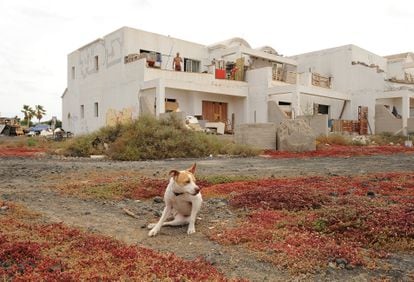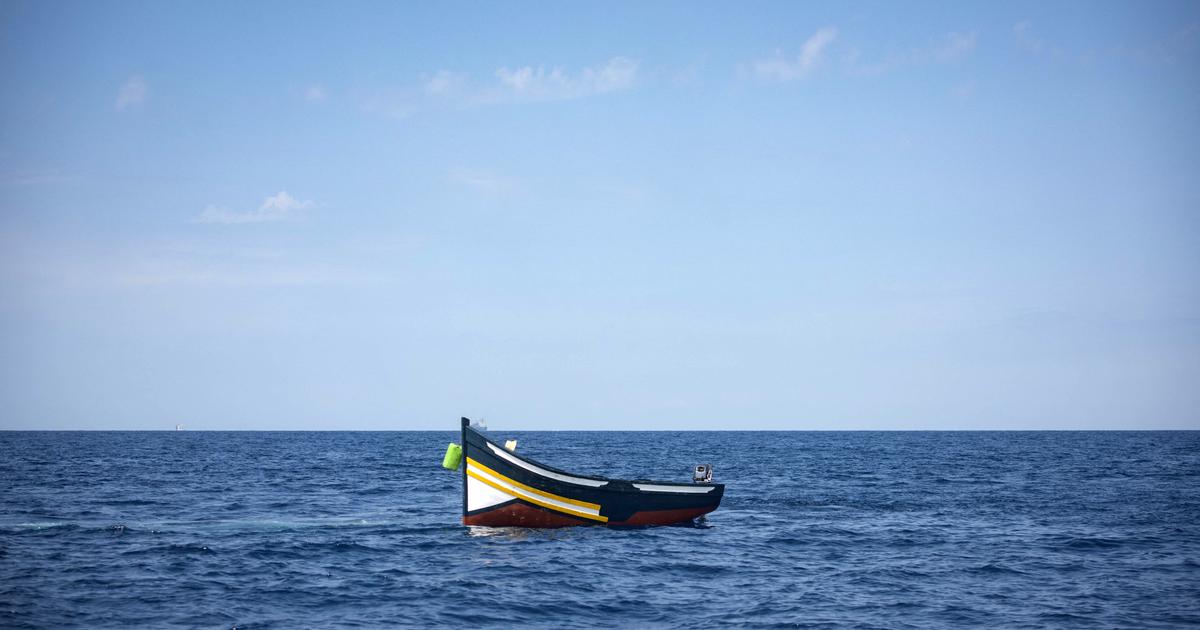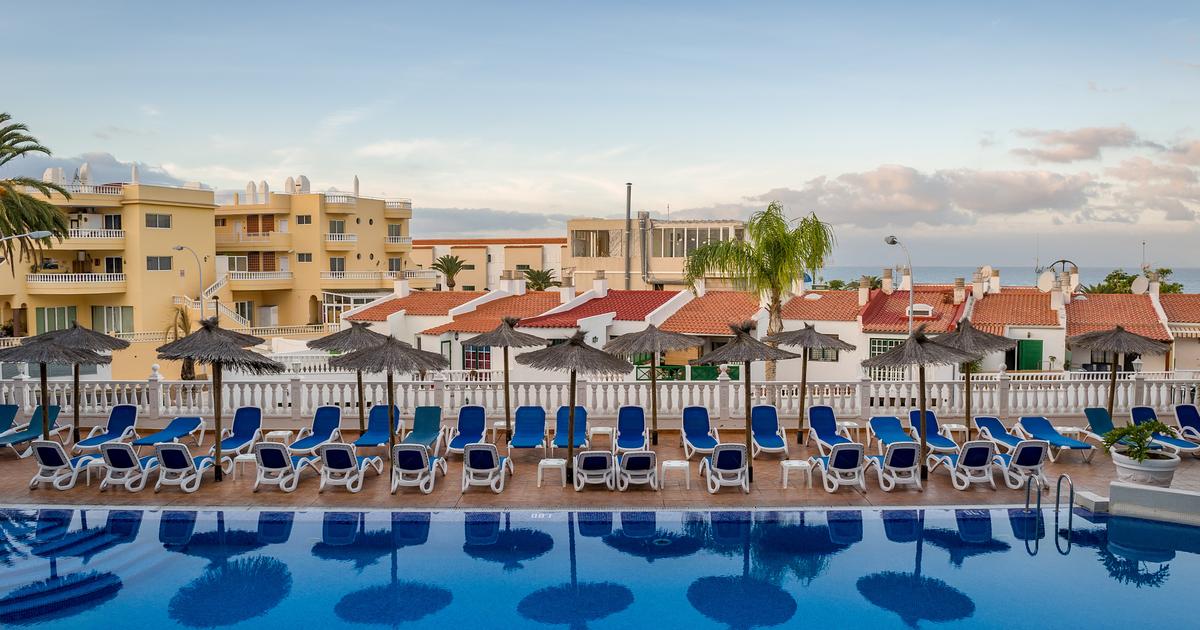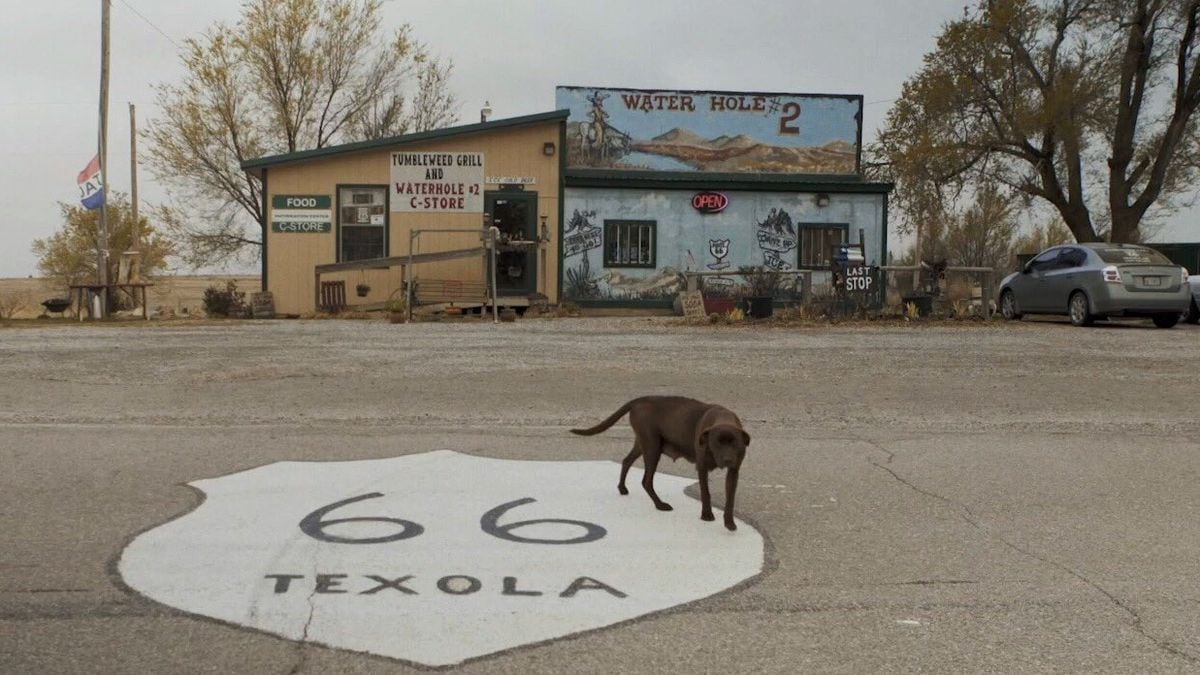There is no stretch of coast in Spain with more illegal hotels than on the Canary Island of Lanzarote, especially in the small municipality of Yaiza. There, in the middle of a spectacular volcanic landscape of black rock is the Sandos Papagayo hotel (formerly Papagayo Arena), a white mass on the beachfront that, apart from not having an urban planning license since it was annulled in 2007 by the Court Superior of Justice of the Canary Islands, also violates the allowed height and invades a pedestrian road. Often compared to the Algarrobico de Almería, one of the main differences between these two symbols of the brick with so many years of litigation in the courts is that the Lanzarote tourist complex is open to the public. In this southern part of the island there are other illegal hotels, such as Princesa Yaiza, Son Bou or Dream Gran Castillo,which together are considered the four most serious cases of the 44 tourist establishments with a license annulled by the justice in Lanzarote, a figure accumulated after the criminal sentence of the so-called
Yacht case
from 2017.
More information
Lanzarote: the island that did not want to grow so much
This is a unique island, cataloged as a Biosphere Reserve in its entirety and was a pioneer in slowing its urban growth 30 years ago, but it has also seen the worst of urban corruption come to light. Of the seven municipalities that make up Lanzarote, in six there have already been a mayor convicted of some issue related to construction or the real estate sector (in Yaiza, Teguise, Arrecife, San Bartolomé, Haría and Tinajo); and a key trial has yet to be held. Like dominoes, councilors, city council technicians, businessmen ... fell, many of whom ended up in the local Tahiche prison. One of the largest pieces even ended up collapsing, the all-powerful Dimas Martín, former president of the Cabildo de Lanzarote and historical leader of the Partido de Independientes de Lanzarote (PIL). However,With the buildings it is another story, what is already built is much more complex to tear down: the fight in the courts against urban corruption has left a trail of concrete skeletons and illegal tourist establishments on this island, some, such as the Sandos Papagayo hotel , difficult to solve.
"Lanzarote has not been more corrupt than other territories, what has happened here is that there has been a reaction against wild urbanism, resulting in the legal actions that have led to these corruption cases," says Dolores Corujo, current president of the Island Council, which points out that two municipalities, Yaiza and Teguise, "granted a multitude of licenses in violation of the island's regulations." According to the representative from Lanzarote, “the [hotel] Son Bou has a demolition order from the Yaiza City Council, considering that it is illegal and illegal, the property has appealed and we are awaiting the judicial resolution. As for Princesa Yaiza, he is also in execution of his sentence and has also been affected by the partial annulment of the General Plan of Yaiza [which tried to legalize it],so it is illegal ”.
The biggest struggle at the moment is with Sandos Papagayo. The Cabildo de Lanzarote assures that this hotel "is probably the biggest urban infringement committed on the coast", but both the owner company and the Yaiza City Council are trying to save it. "We understand that the hotel is legalizable," defends Daniel Valenzuela, a lawyer for this tourist complex, who explains that the project to legalize the works includes, among other measures, the elimination of 111 rooms out of 475 and a partial demolition of the dome. "Here there is a lot of judicial journey left before we can talk about demolishing the hotel", highlights the representative of the company. The lawyer Irma Ferrer, from the citizen association Urban Transparency, thinks very differently,It considers it impossible to solve the occupation of the pedestrian access to the beach, which is now reached by entering the hotel and taking an elevator.
El Papagayo is one of the establishments authorized in four days of urban debauchery in 1998. As highlighted by the ruling of the Provincial Court of Las Palmas in the
Yate case
(a name that combines the names of the investigated municipalities Yaiza and Teguise), the then mayor of Yaiza, José Francisco Reyes, did not hesitate to massively grant licenses to profit illicitly, arriving on the same day to authorize the construction of more than 1,500 tourist squares. According to the judicial brief, on Friday, May 29, 1998, the City Council received the documentation of projects to build seven large hotels and on Monday, June 1, they were all approved. This, as the sentence emphasizes, "knowing the illegality of its granting due to its manifest contradiction with the urban planning regulations in force at the time of its granting."
The island's environmentalists who started in the El Gincho organization, with César Manrique, had been fighting bulldozers for years to protect this incredible landscape molded by lava, but it was the lawyer Ferrer who convinced her fellow environmentalists that it was necessary to pay more attention to money and go to the criminal courts to fight corruption. At first, it was not easy for the lawyer from Lanzarote. “I was going to a misdemeanor trial because a dog had bitten a neighbor and there was the judge, the prosecutor, the prosecution attorney, the defense attorney, the insurance company, but then I had the statement of a mayor for a case of urban corruption and the prosecutor did not appear, the judge did not know anything and I was alone with 15 defense lawyers ”. According to her, they did not take her seriously and laughed at her,until people began to enter jail.
Homes of the Playa Blanca Partial Plan, in Yaiza, declared illegal in 2008, but subsequently legalized.
This sudden eruption of urban crime had a lot to do with the arrival on the island of the prosecutor Ignacio Stampa and, somewhat later, Javier Ródenas.
"The idiosyncrasy in Lanzarote is very particular, the caciquismo draws attention, the feeling that I experienced as a foreigner when I arrived is that there were some masters of the island that no one thought to question or question," Stampa comments.
"In addition, this is a very small place and there is not a person who is not a family member or friend of a corrupt person or a businessman who finances, so it is very difficult to find oneself in a position like Irma's or the one I was in, because you are the enemy.
They attacked me with slaughter, "he emphasizes.
The story took a new turn with the complaint of a socialist politician, Carlos Espino, for an attempt to bribe a businessman to unblock an urban project, which led to the landing in Lanzarote of undercover agents of the Central Operational Unit (UCO) of the Civil Guard, in the so-called Operation Union. "The moment they start tapping phones on this island, everything comes out, but everything ...", stresses Isabel Lusarreta, director of
La Voz de Lanzarote
and one of the journalists who has followed the corruption cases the most. "One phone leads them to another, with questions that had absolutely nothing to do with what they had begun to investigate, that is why Operation Union ended up being divided into many pieces."
Following telephone jabs from one of the lines of investigation, the UCO agents who were going after the "boss" of a scheme to collect illegal commissions ended up in the same prison in Tahiche. This is how one of the most unusual events in the fight against corruption in Lanzarote took place: the detention within this prison of Dimas Martín, former president of the Cabildo, former mayor and leader of the Lanzarote Independent Party (PIL), who was then serving a Eight-year sentence for the irregular construction of an agro-industrial complex in Teguise. Despite being in prison in a situation of absolute disqualification, the politician gave precise instructions to councilors of the Arrecife city council to obtain payments from the businessmen, as is demonstrated in recordings and in the documentation found in his cell.
In the ruling of the Provincial Court of Las Palmas of 2019 on the main piece of Operation Union in which Martín was again sentenced to prison - along with two councilors of Arrecife and seven other people - the unique way in which he used his power over others: "A particularly shameful conversation between D. Dimas Martín and the then director of the Tahiche Penitentiary Center (and the adjective shameful we use with respect to this last interlocutor) has been heard at the trial", the court in its resolution referring to a recording in which the corrupt politician comments that he is going to speak with a councilor to "see where we can fit you in."
Houses occupied in apartments paralyzed by urban irregularities on plot 214 of Costa Teguise, in Lanzarote (Canary Islands), last June 2021.Clemente Álvarez Andrés
The lawyer Ferrer goes to the Tahiche jail every Friday as a volunteer to give legal advice to the prisoners.
He says he dodges module 2, because "that's where everyone is."
After these years of trials, insults and pressure of all kinds, he recognizes that personal wear has been very great, especially in such a small territory.
However, he believes that the right thing has been done.
“It was what we should do, otherwise we would be much worse off;
even if they end up kicking us out and we end up leaving the island, ”he insists.
“This is how far we have come, some have escaped, but justice has spoken;
now we are fighting to enforce the law ”.
Meanwhile, the concrete corpses remain on the island: apartments and bungalows stopped half-built due to some illegality.
Projected in their day as tourist buildings with distinguished airs, many are today ruins full of graffiti and garbage, some inhabited by the homeless or squatters.
In one of these ghost developments in Costa Teguise, on plot 214 of the Club del Rey apartments, a man shouts from a balcony: "Are we the criminals?"
You can follow CLIMA Y MEDIO AMBIENTE on
and
, or sign up here to receive
our weekly newsletter








